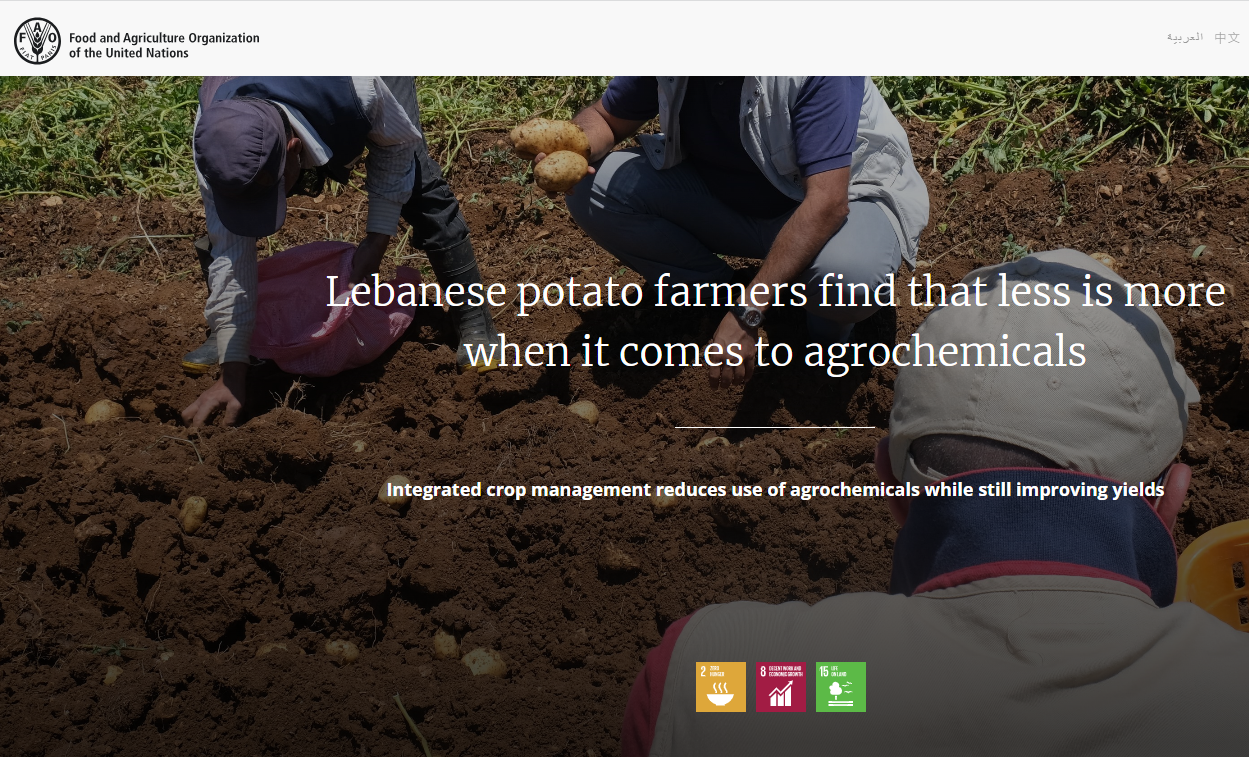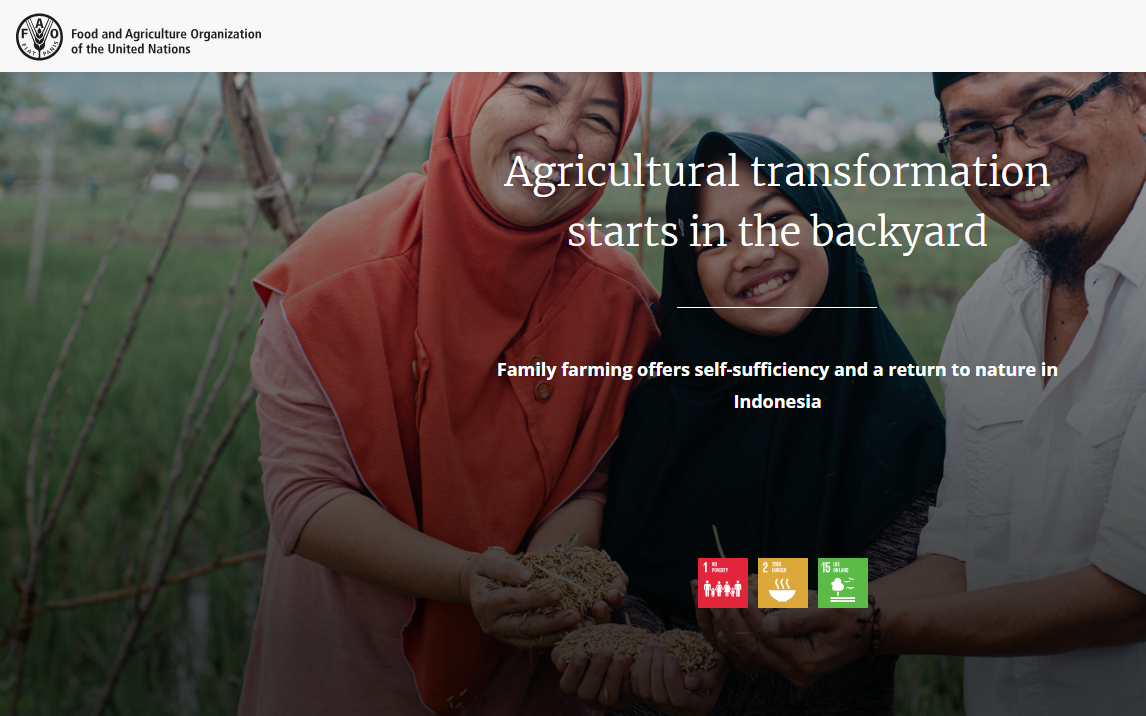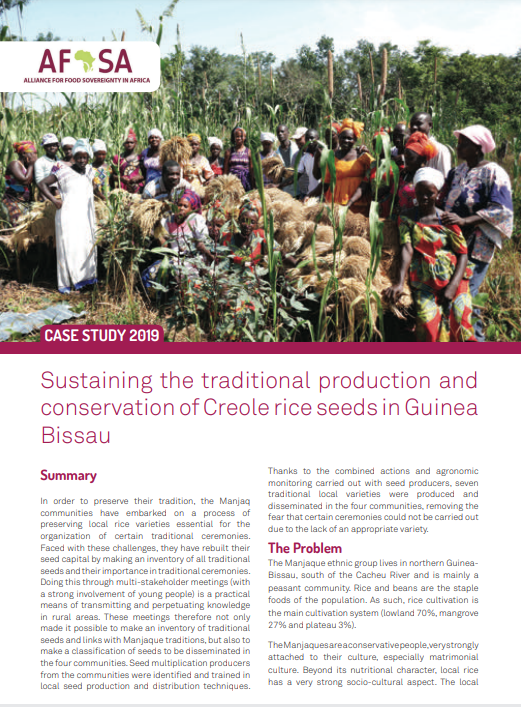Case Study
Upgrading Traditional Techniques Boosts Production of Famous Azerbaijani Tomatoes: Farmers Have Joined Together to Update Time-Honoured Practices and Increase Yields
2023
Author(s): Food and Agriculture Organization of the United Nations (FAO)
Sayad village is one of the most ancient settlements nestled on the Caspian Sea coast of Azerbaijan’s Khachmaz district. It’s long been famous for its numerous varieties of succulent tomatoes thanks to the farmers’ careful cultivation of the crop and the sunny climate.
Managing Agrobiodiversity in Successful Smallholder Landscapes in Ecuador. Producer organisation: Union of Peasant and Indigenous Organizations of Cotacachi (UNORCAC)
2023
Author(s): Cajas MAP
This study describes the actions of the Union of Peasant and Indigenous Organizations of Cotacachi (UNORCAC) in the conservation of agrobiodiversity in the forest and agricultural landscapes of the Cotacachi canton in Ecuador. These Indigenous systems stand out for their high biodiversity and for the agroecological approaches and traditional knowledge used.
Agritourism Promotes Food Traditions in Palau Advancing Gender Equality and Protecting the Environment Through Agritourism in Small Island Developing States
2022
Author(s): Food and Agriculture Organization of the United Nations (FAO)
With its distinctive heart-shaped leaves, taro is traditionally cultivated by Palauan women in plots of land around the shores of this tiny Pacific country. The root crops provide a source of starch and have historically served as a symbol of wealth and an object of ceremonial exchange.

Lebanese Potato Farmers Find That Less is More When it Comes to Agrochemicals: Integrated Crop Management Reduces Use of Agrochemicals While Still Improving Yields
2021
Author(s): Food and Agriculture Organization of the United Nations
Traditionally, farmers in Lebanon depended on chemical fertilizers and pesticides to manage plant nutrition or plant pests and diseases. Most farmers believed that increasing the quantity of chemical fertilizers would increase the yields of their crops.

Agricultural Transformation Starts in the Backyard: Family Farming Offers Self-Sufficiency and A Return to Nature in Indonesia
2021
Author(s): Food and Agriculture Organization of the United Nations
Nissa Wargadipuras’s earliest memories involve learning how to live with nature. Her childhood home’s backyard in the hilly town of Garut, West Java was a little forest where her father planted vegetables, herbs and fruits. Her mother produced traditional medicine from the plants for their family and their neighbours.

Sustaining The Traditional Production and Conservation of Creole Rice Seeds in Guinea Bissau
2019
Author(s): Junior LP
In order to preserve their tradition, the Manjaq communities have embarked on a process of preserving local rice varieties essential for the organization of certain traditional ceremonies. Faced with these challenges, they have rebuilt their seed capital by making an inventory of all traditional seeds and their importance in traditional ceremonies.



